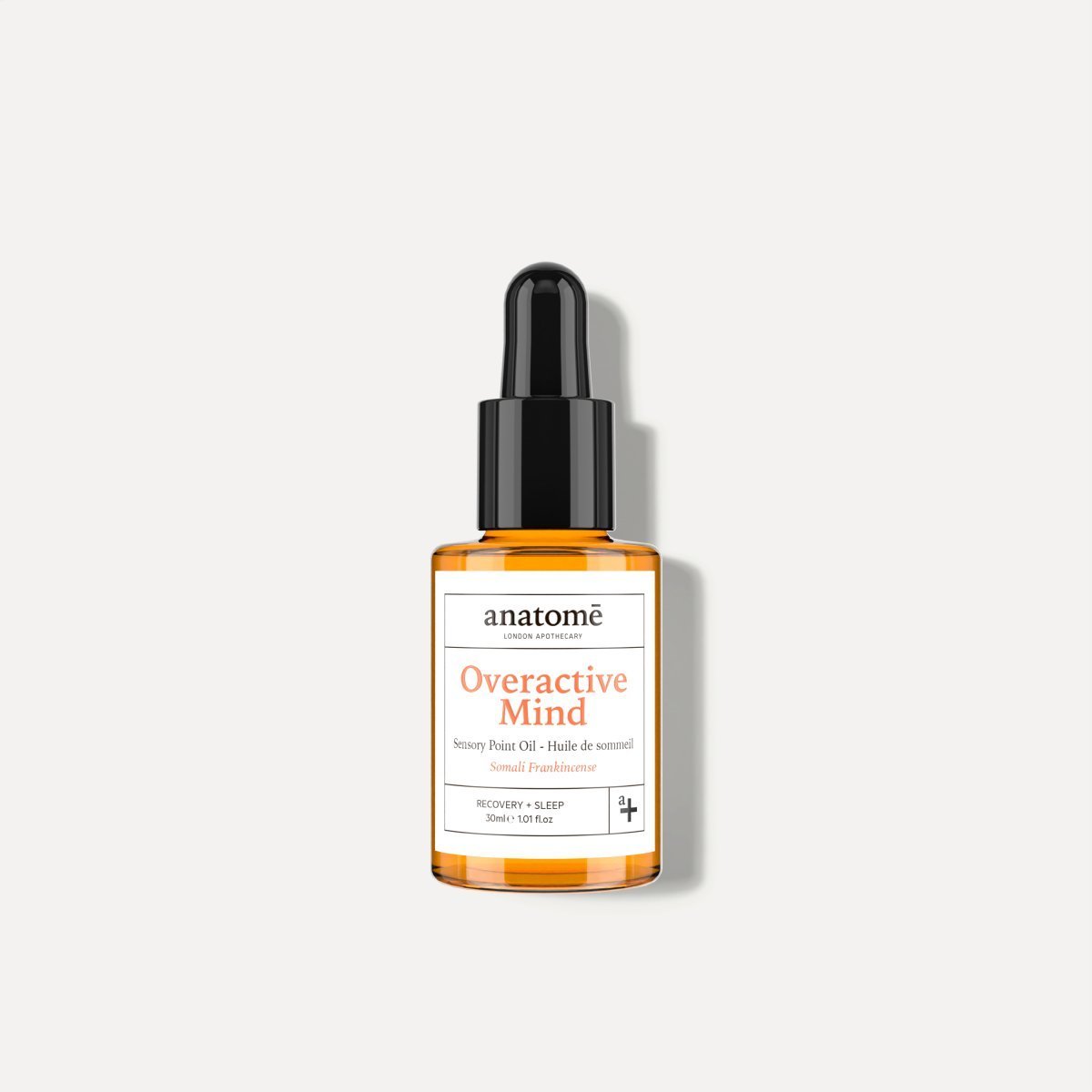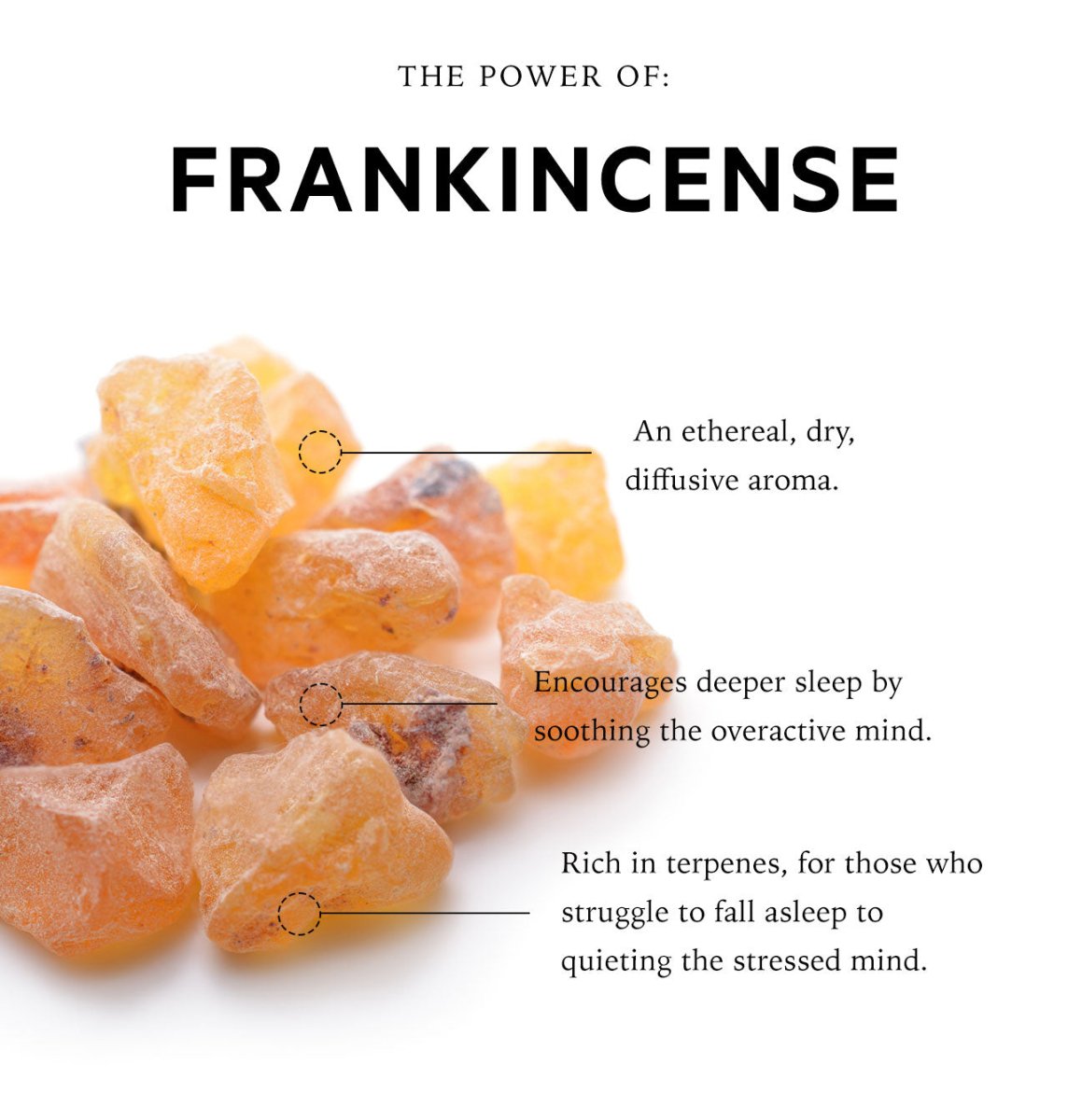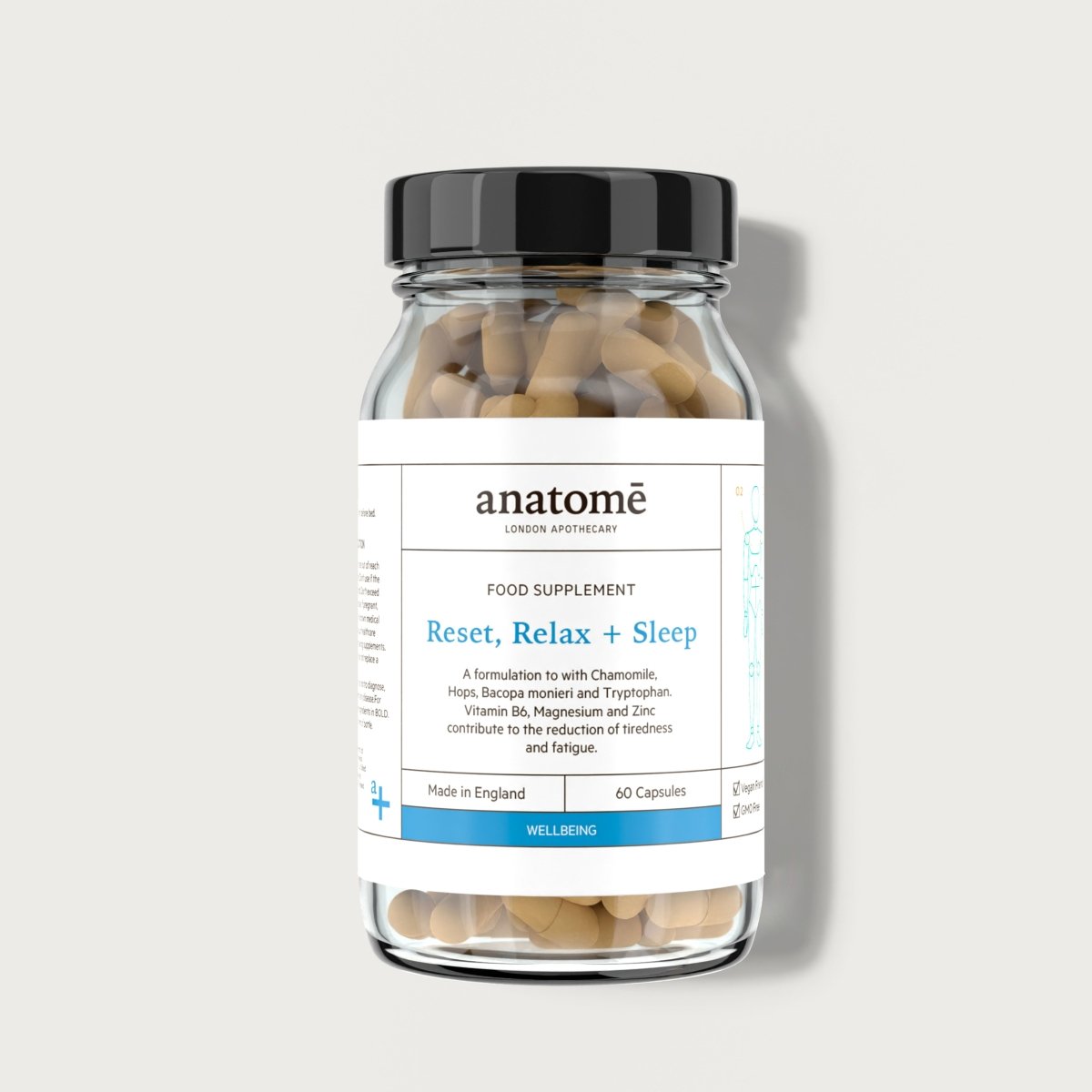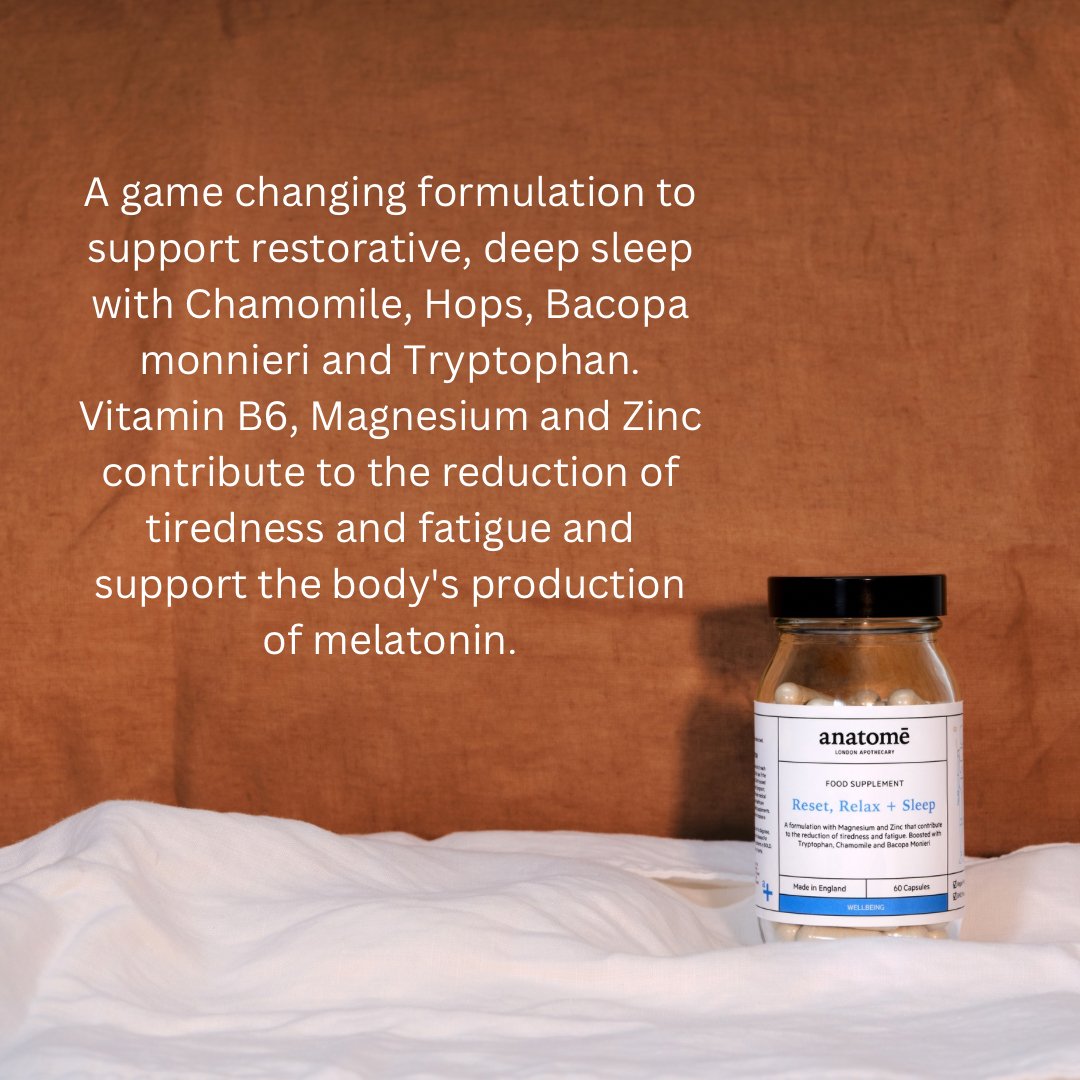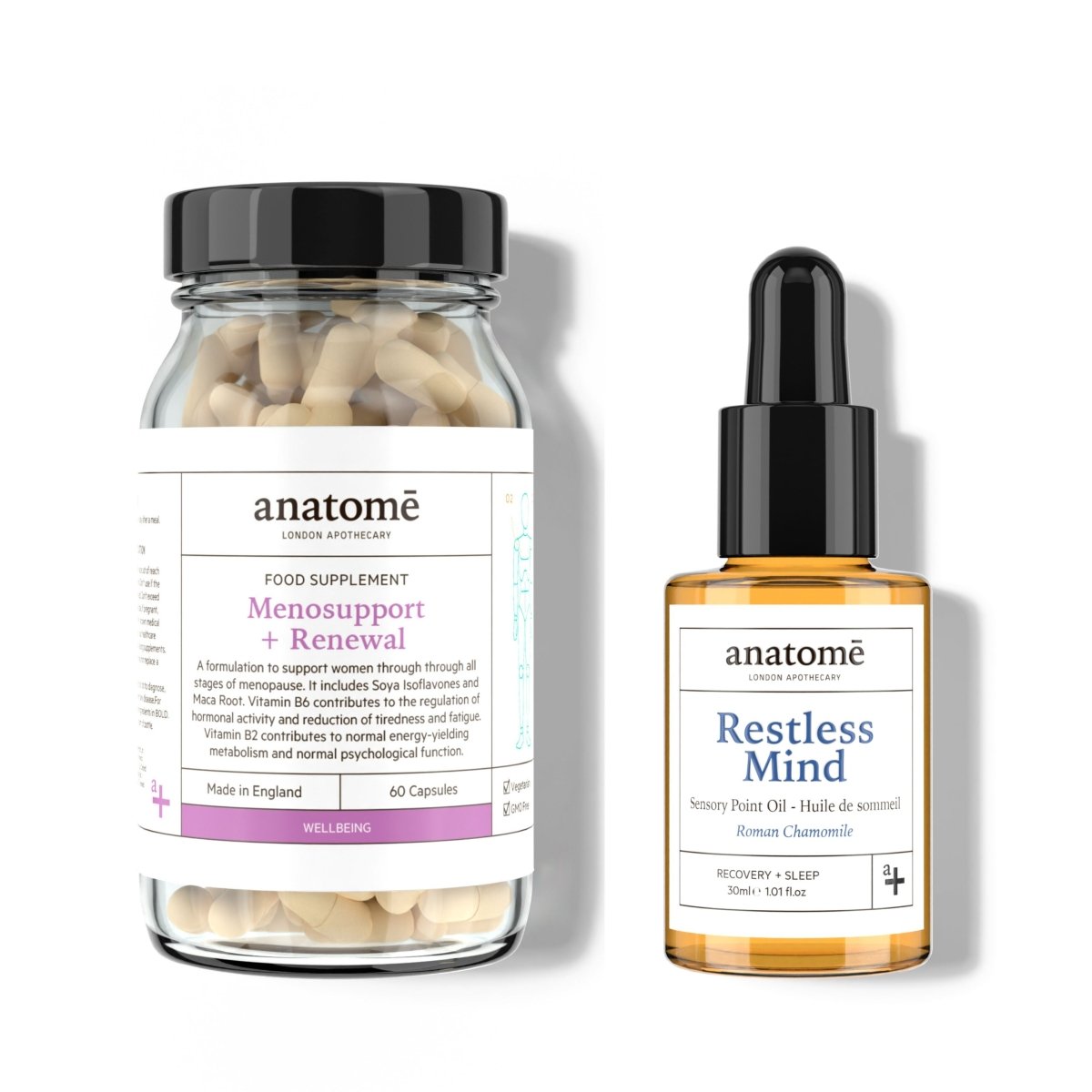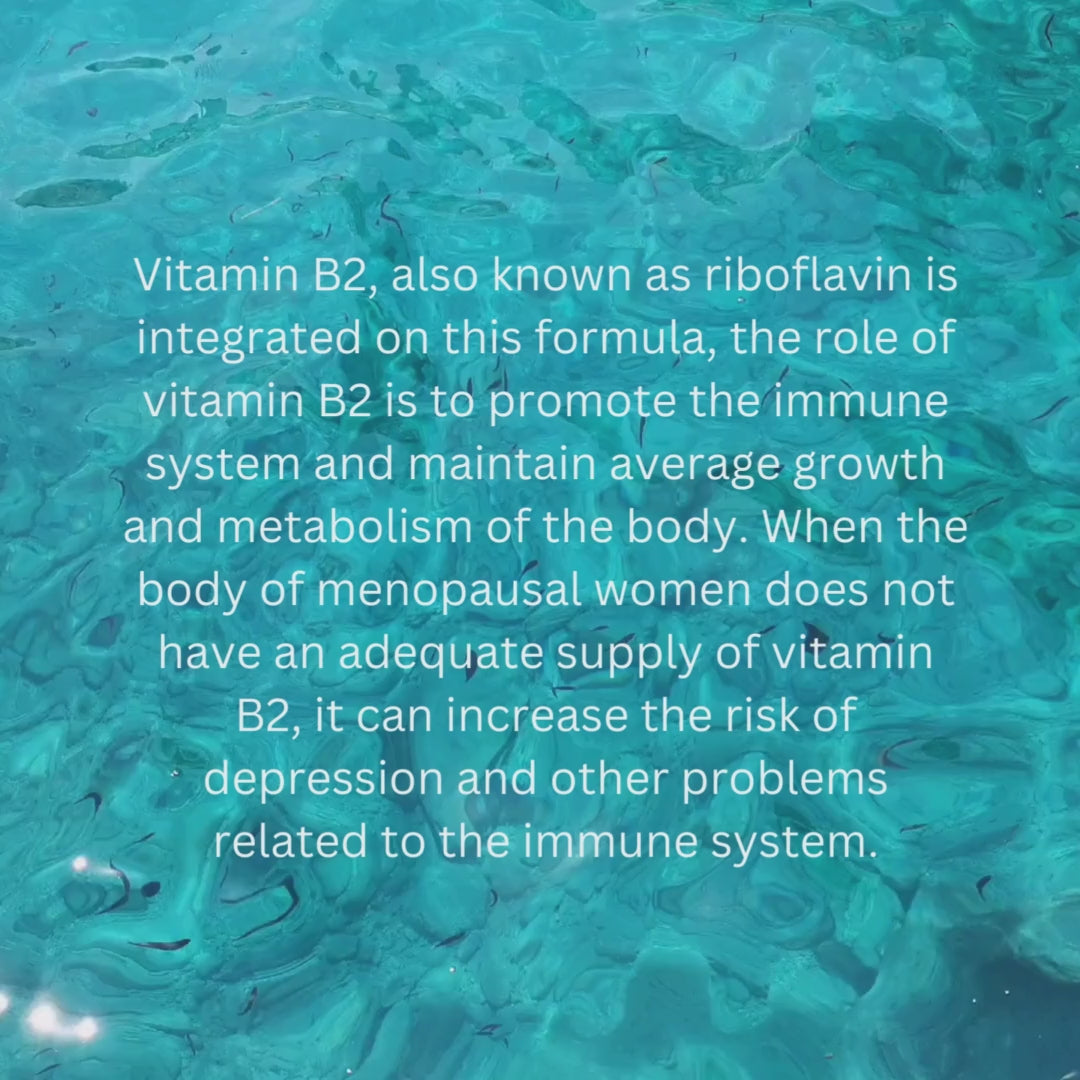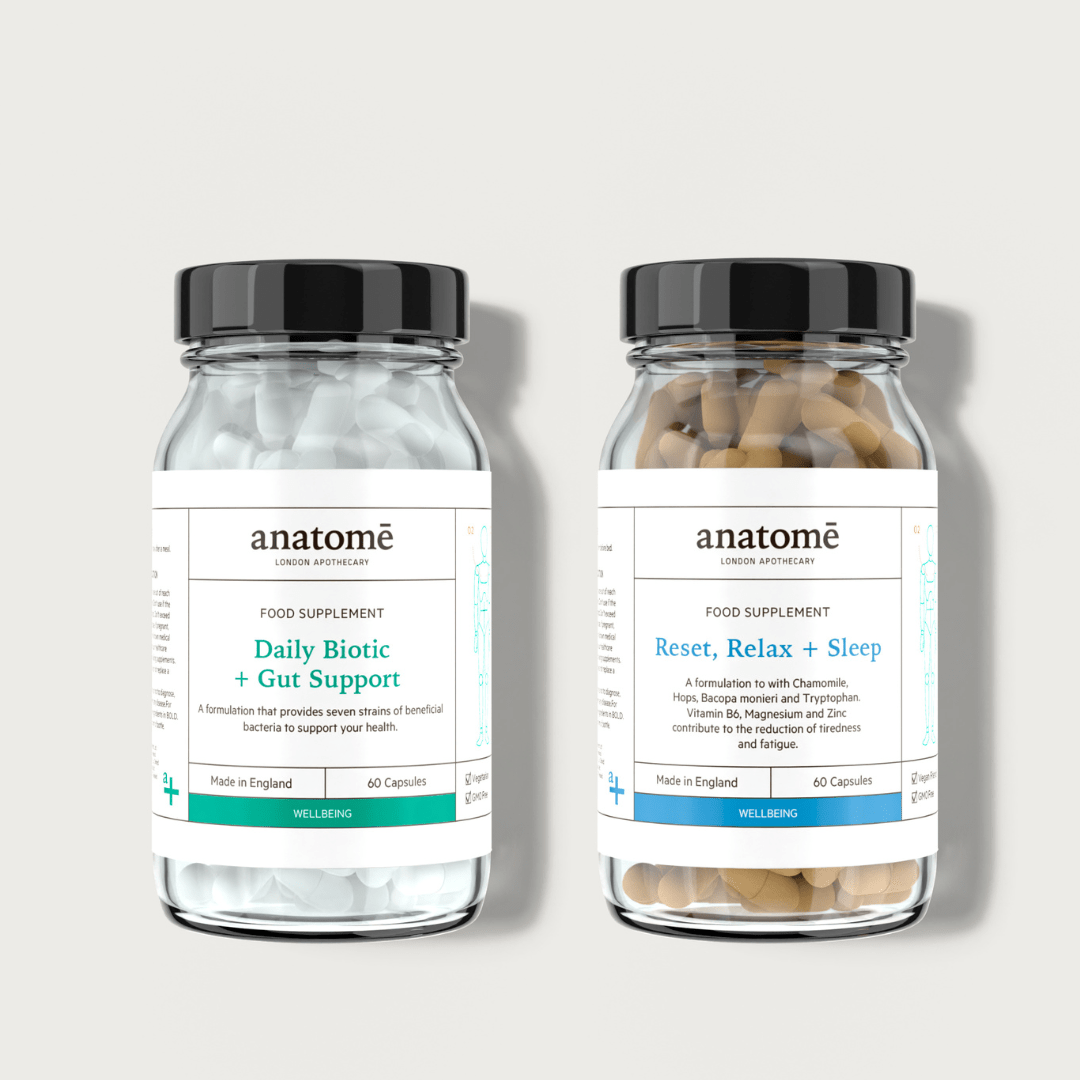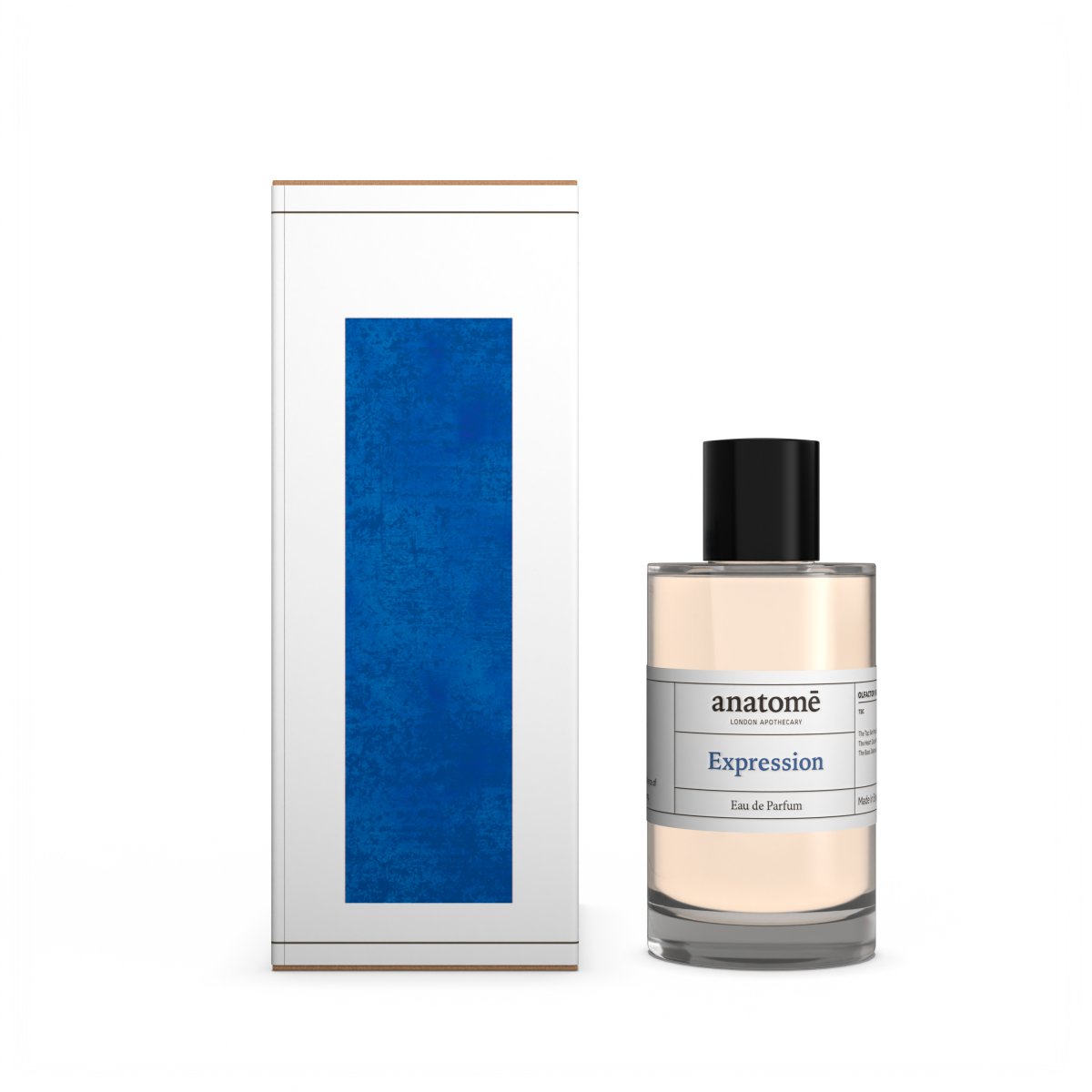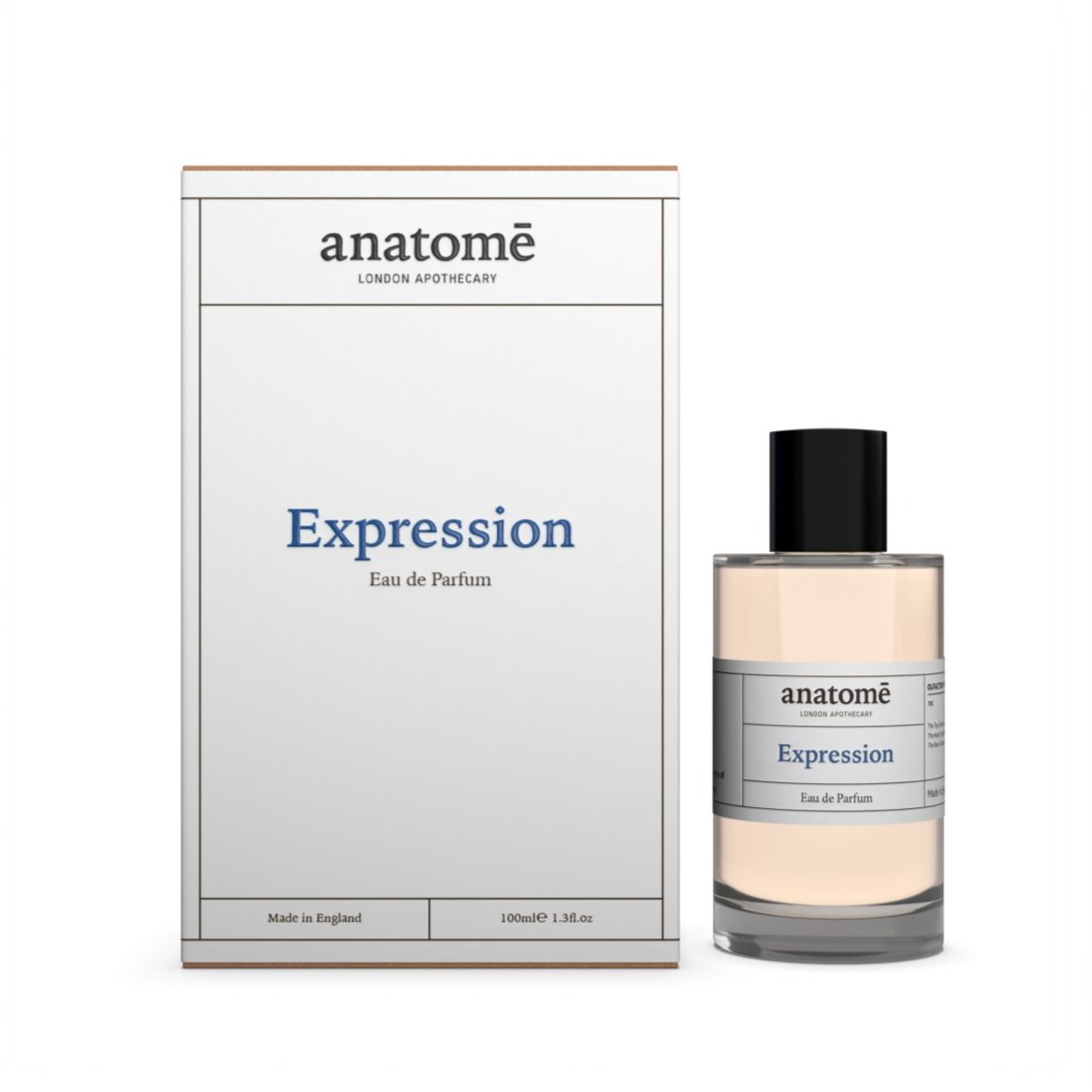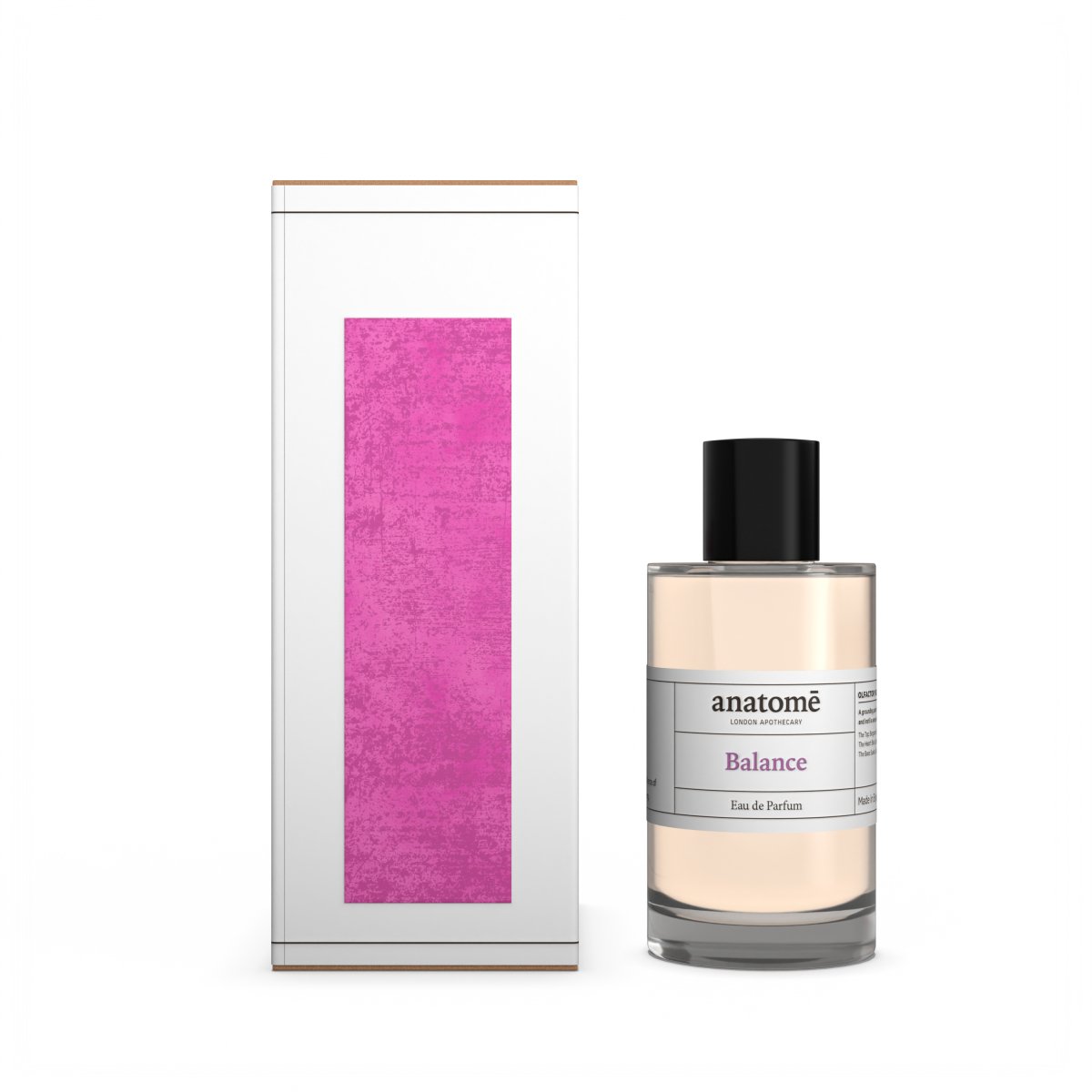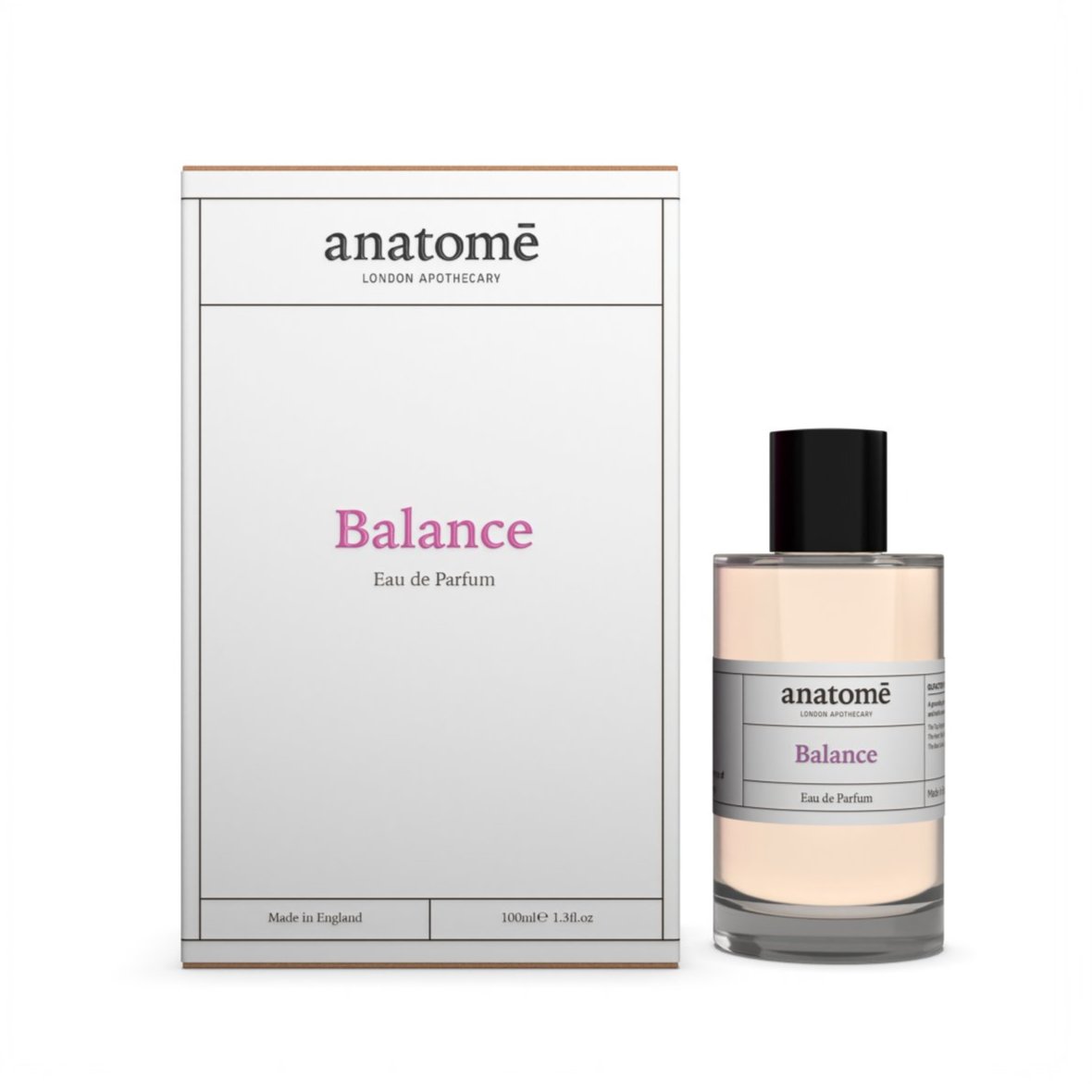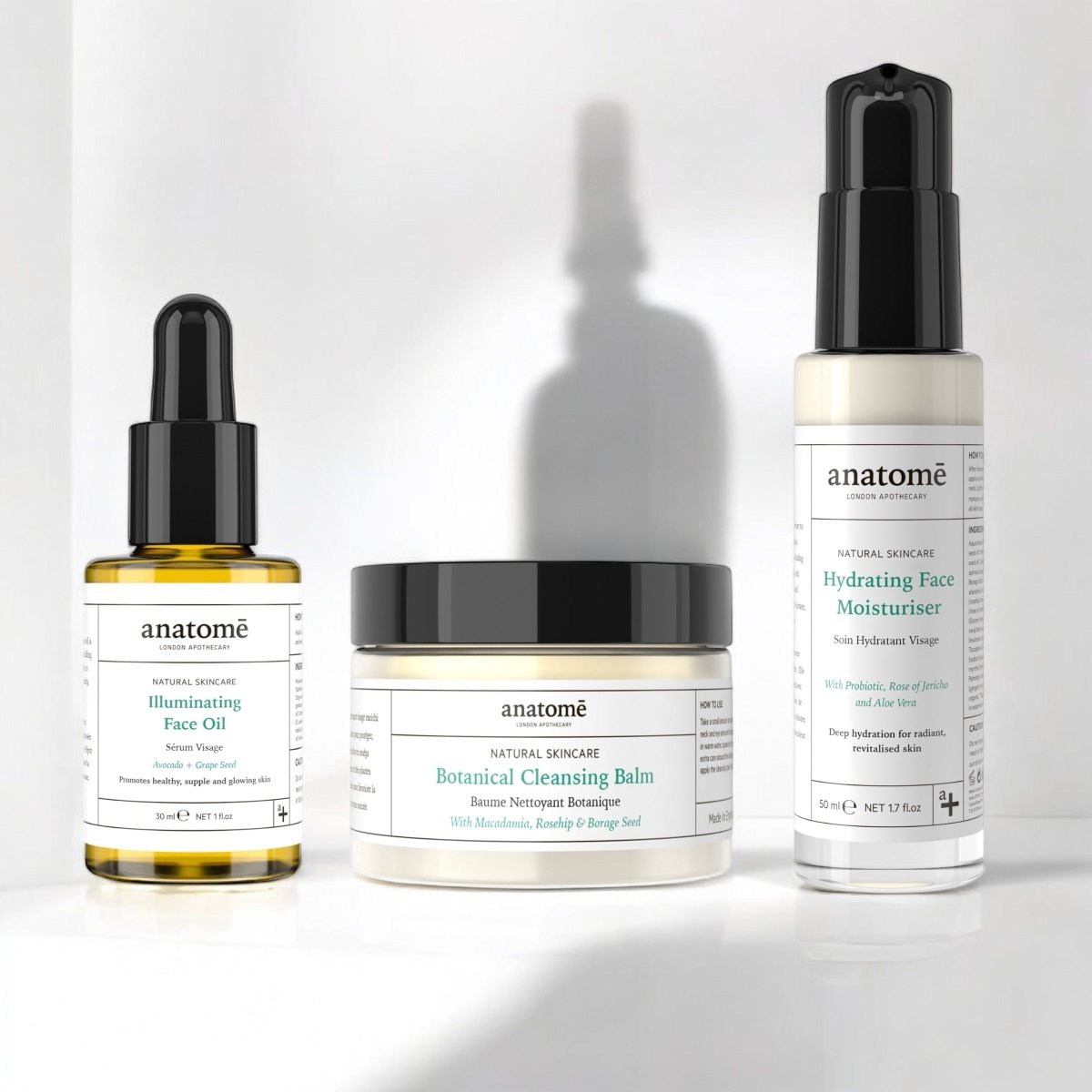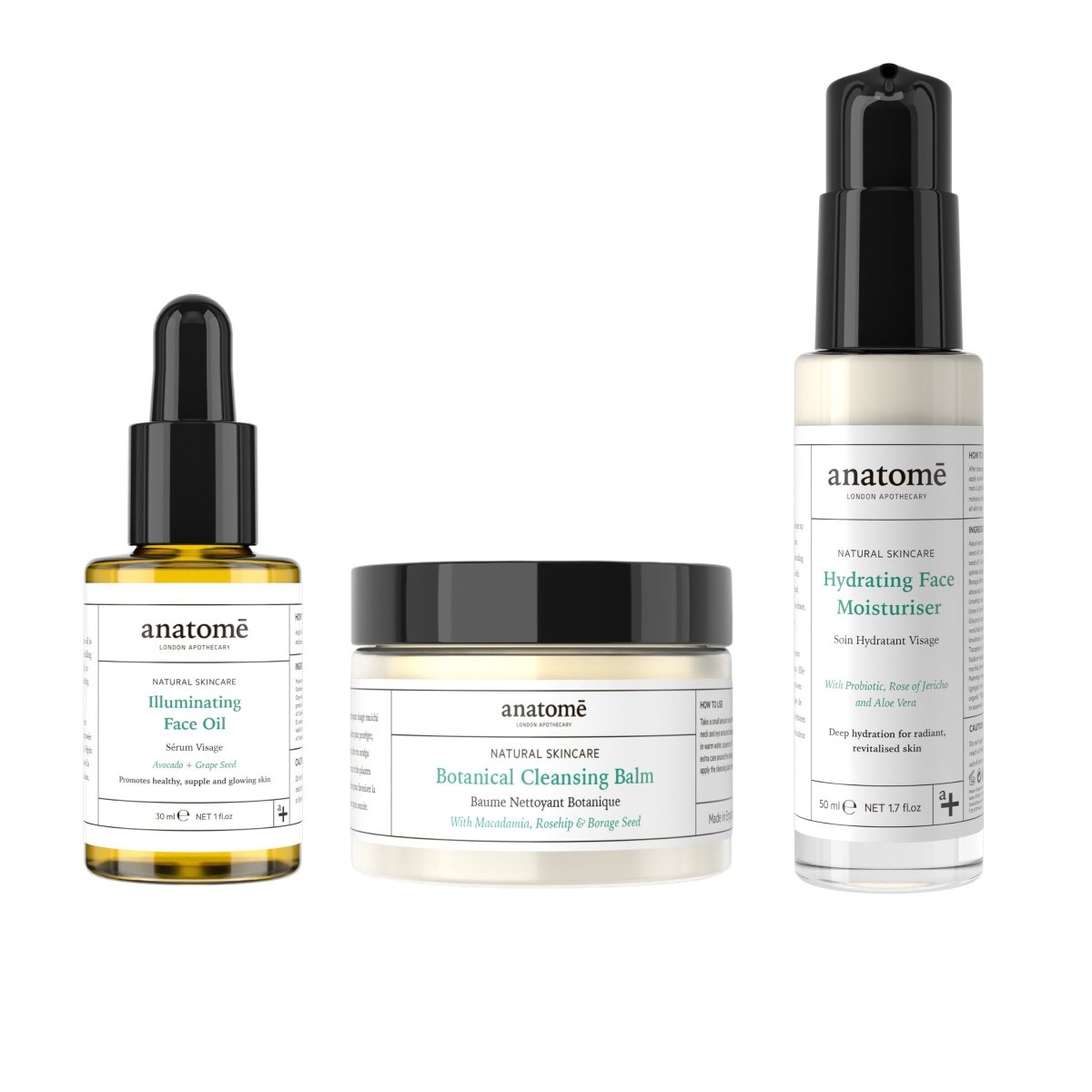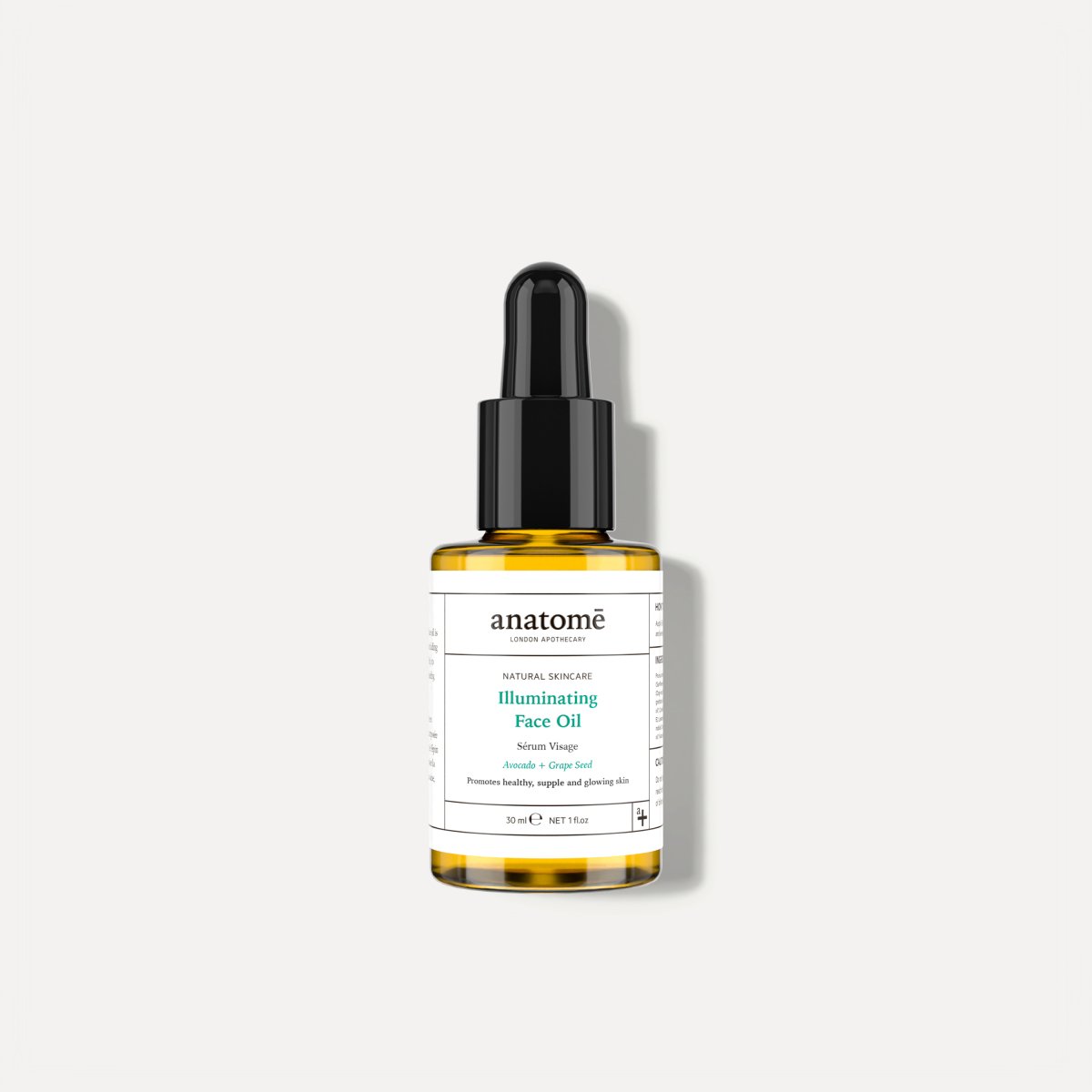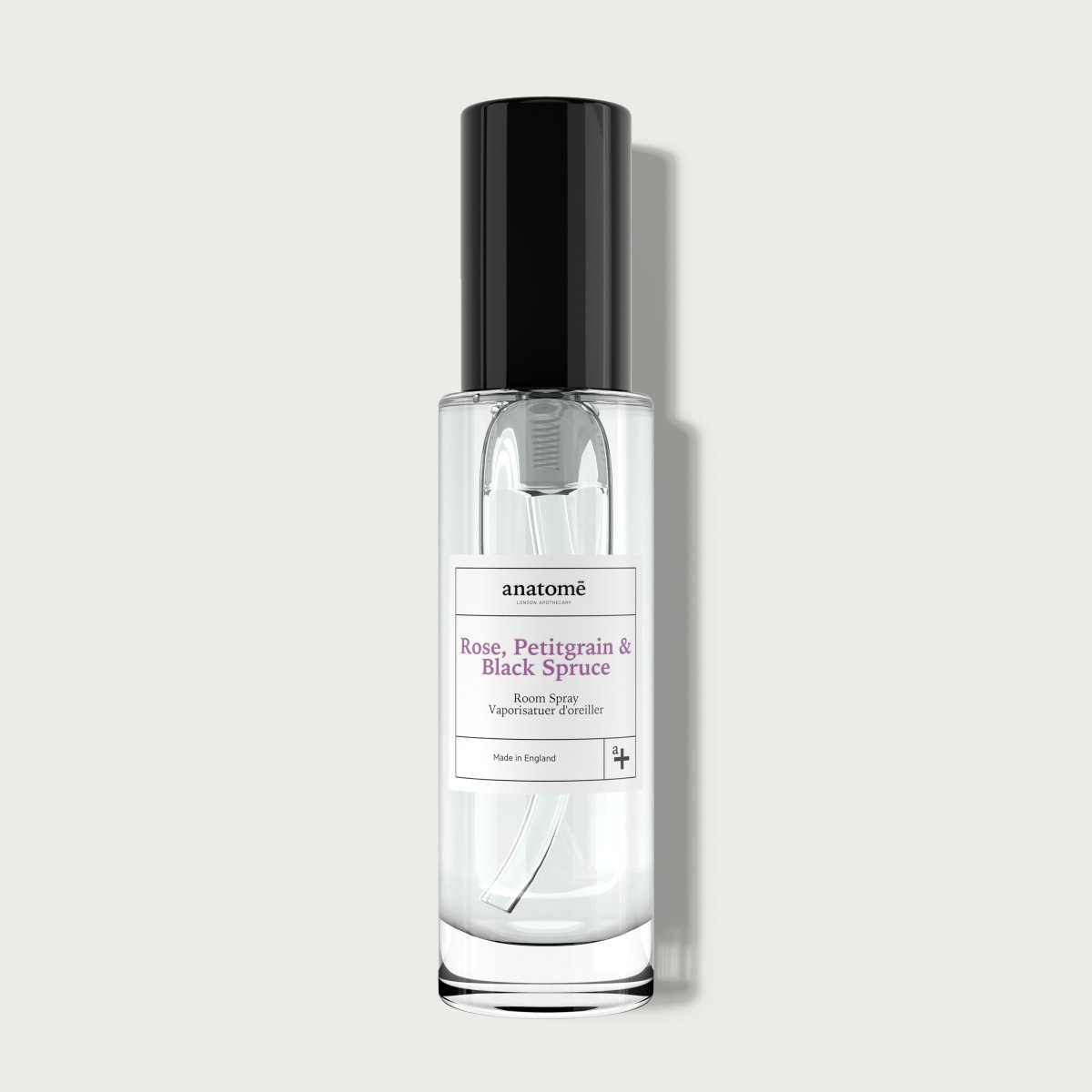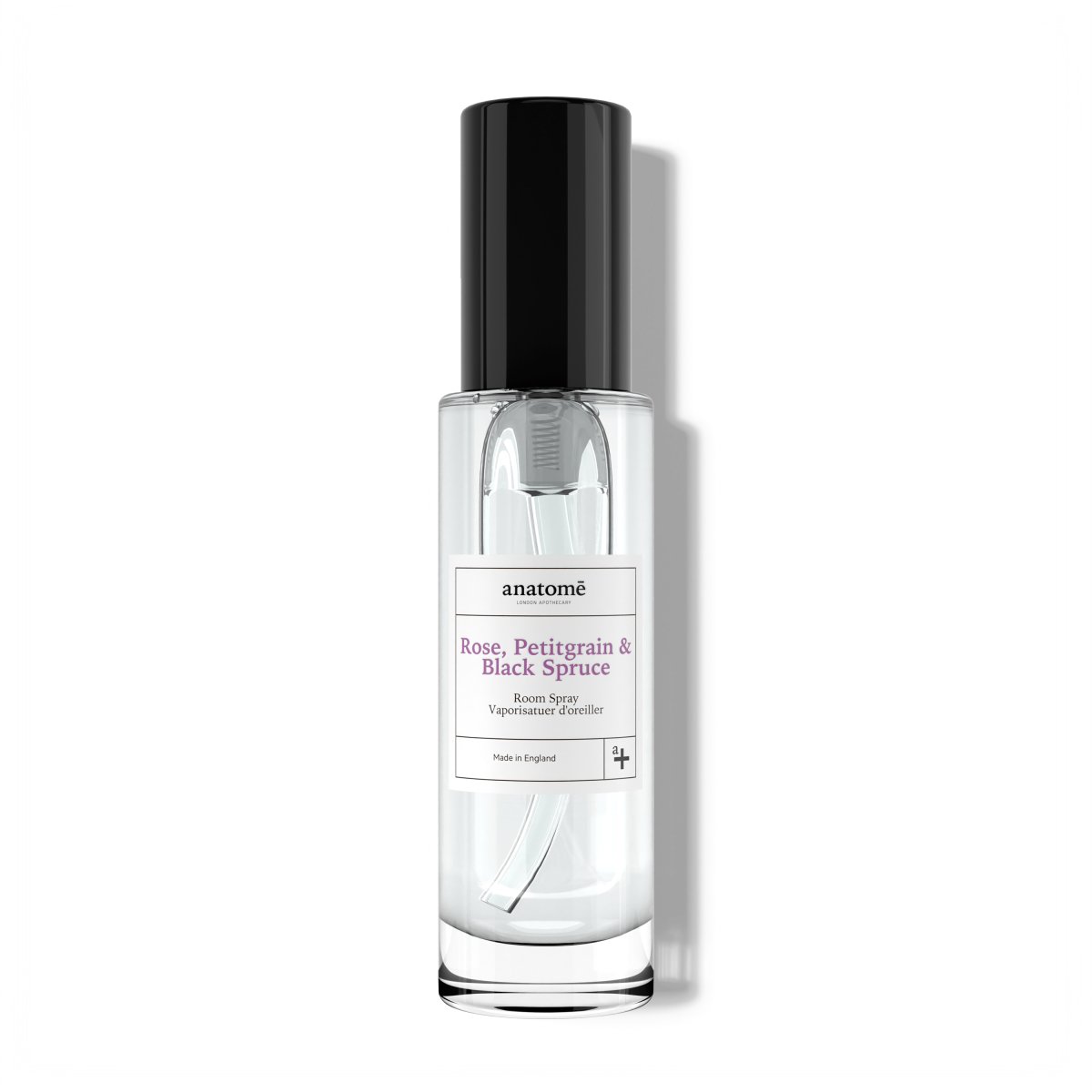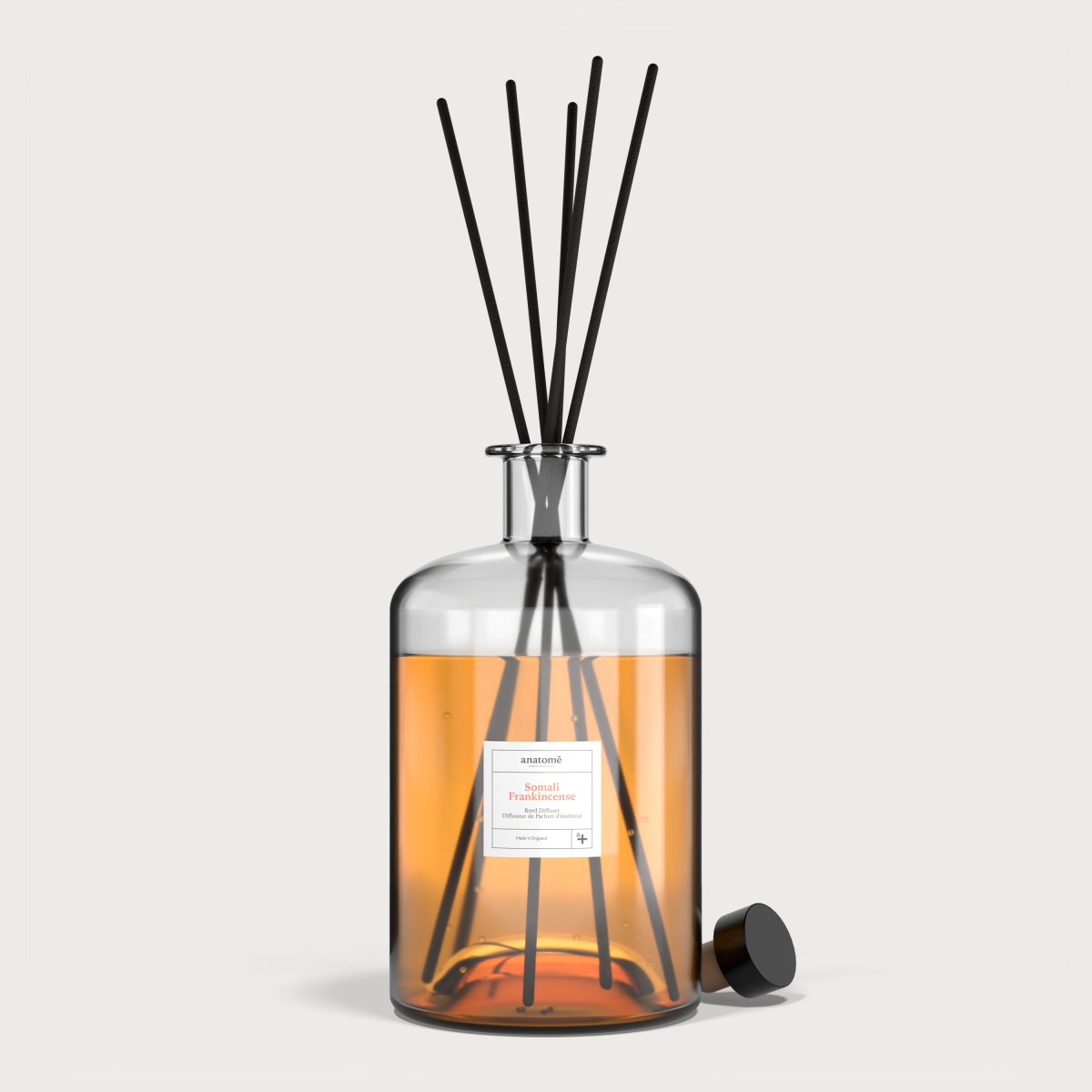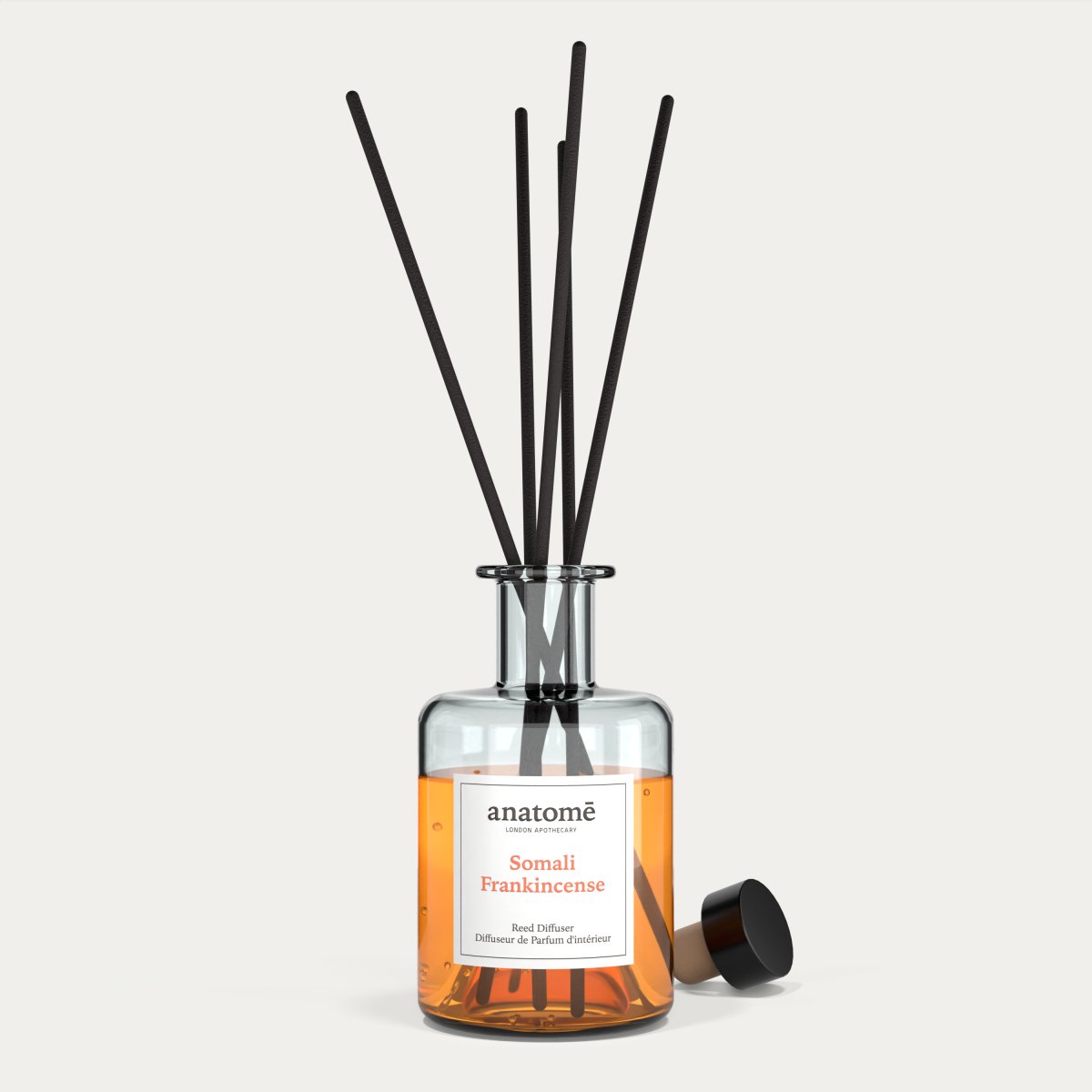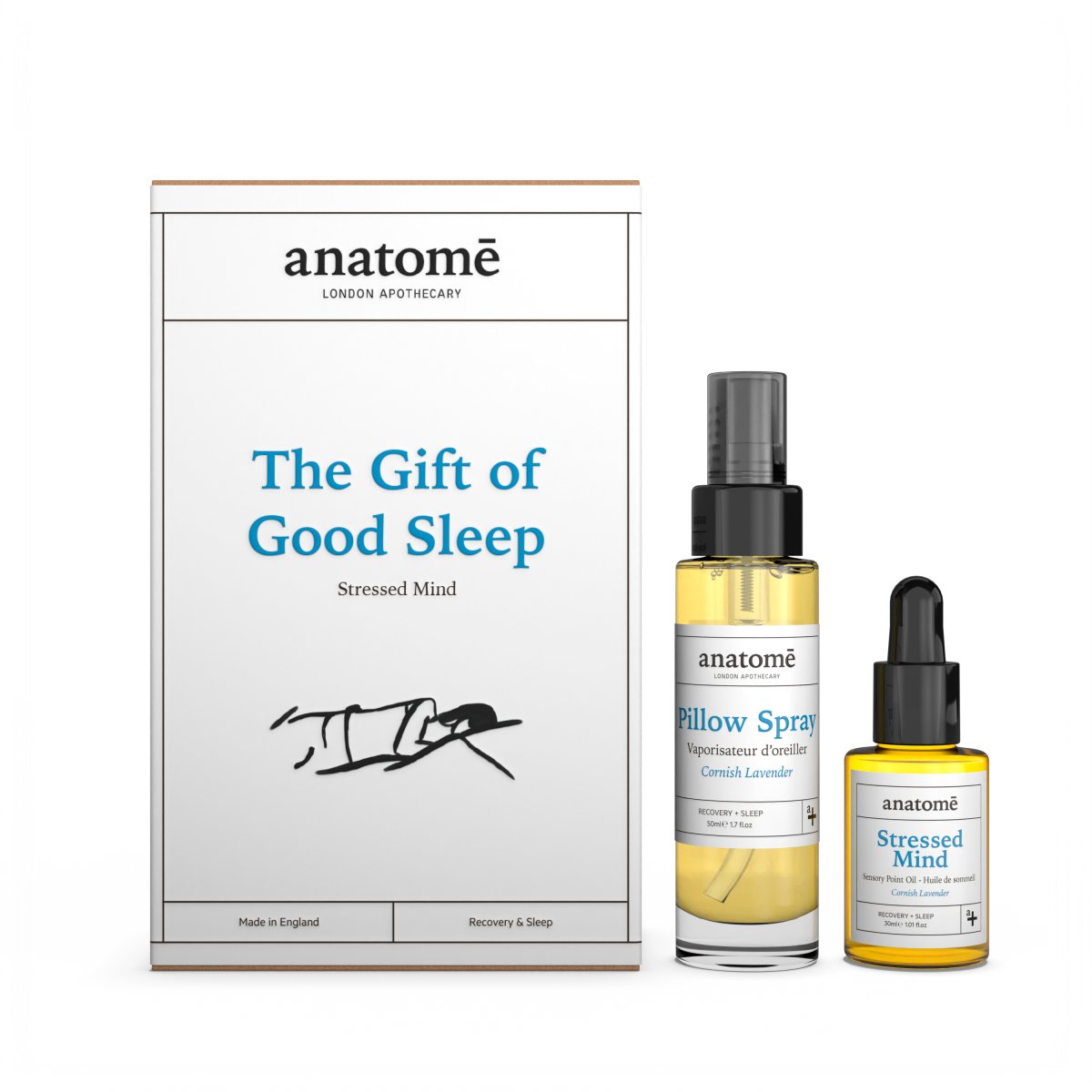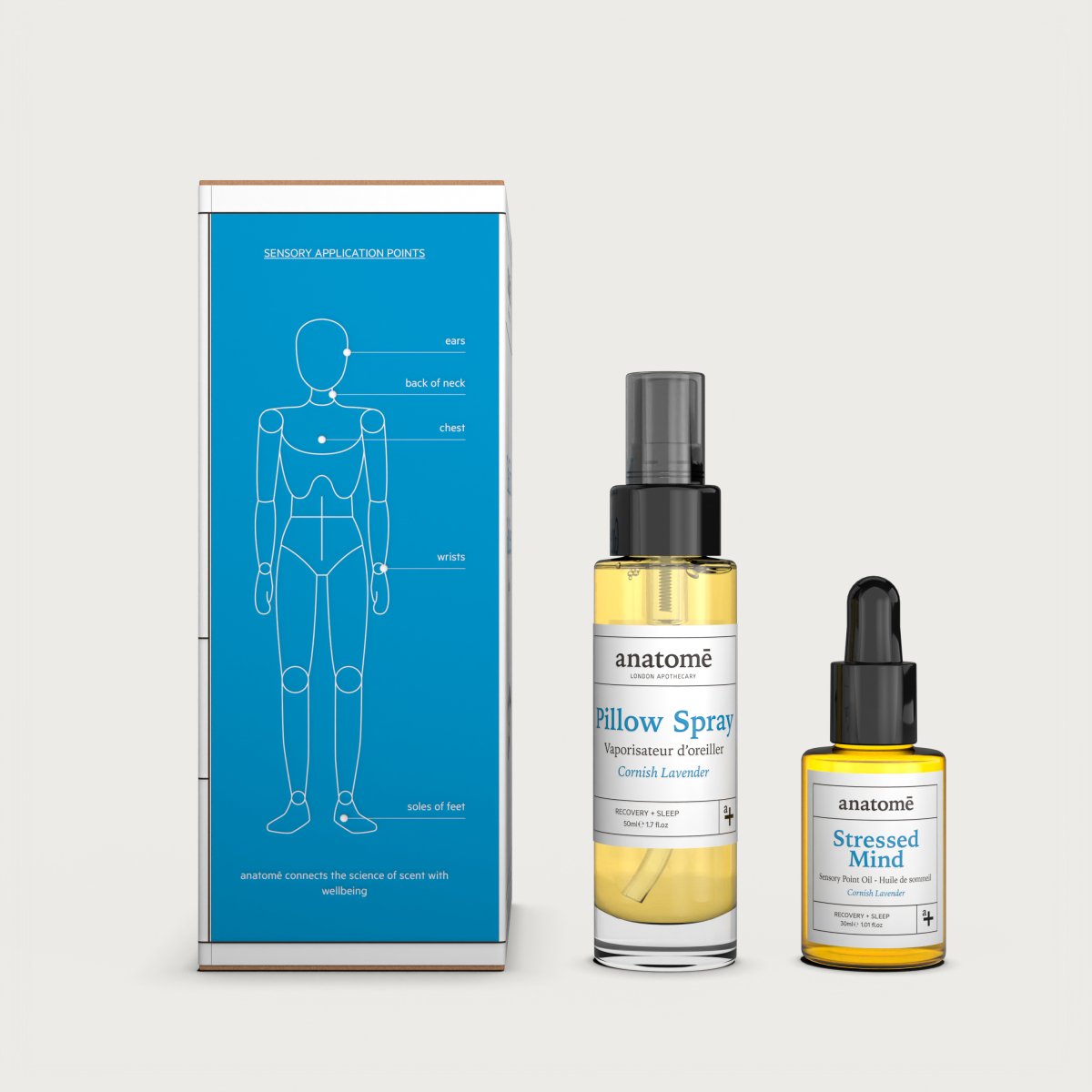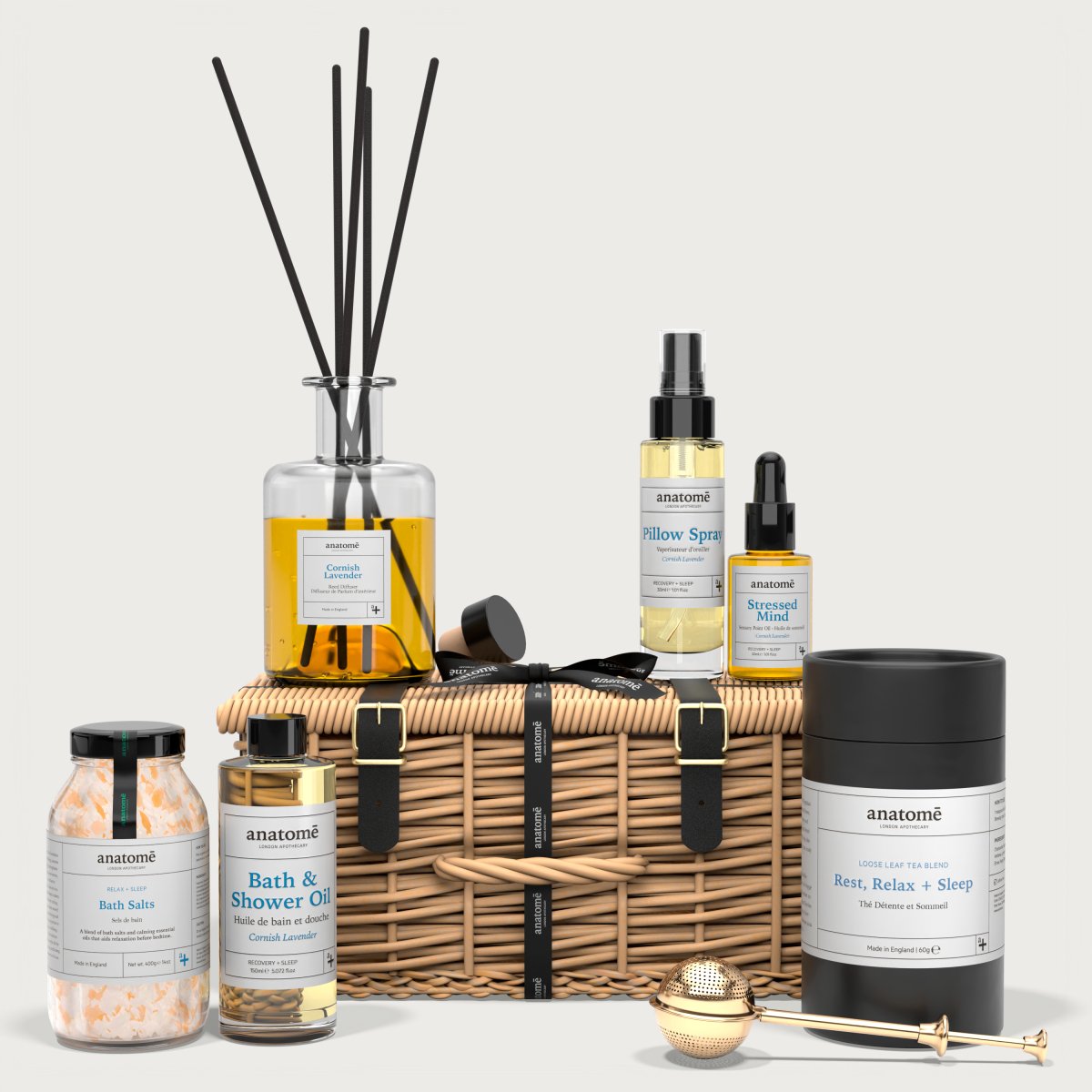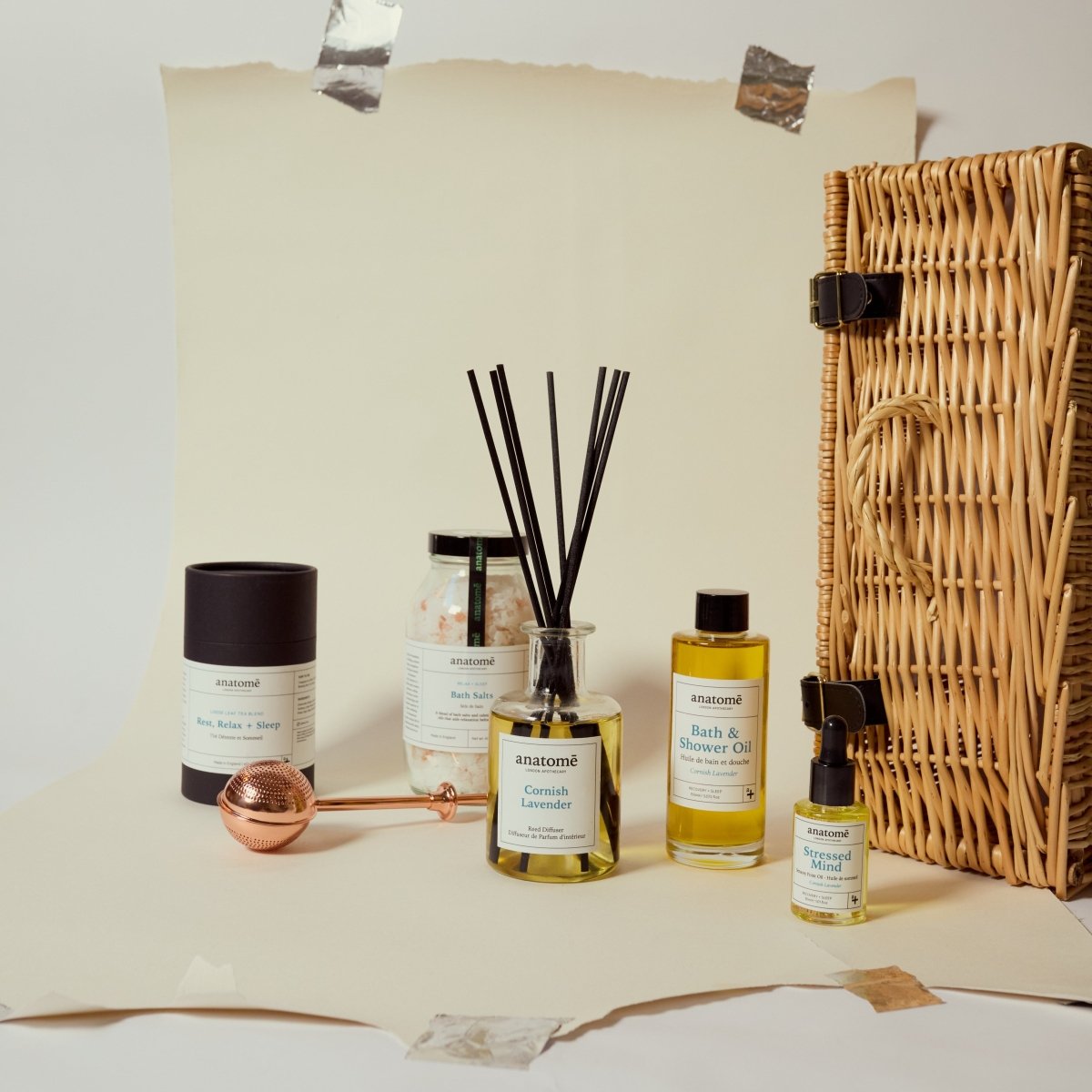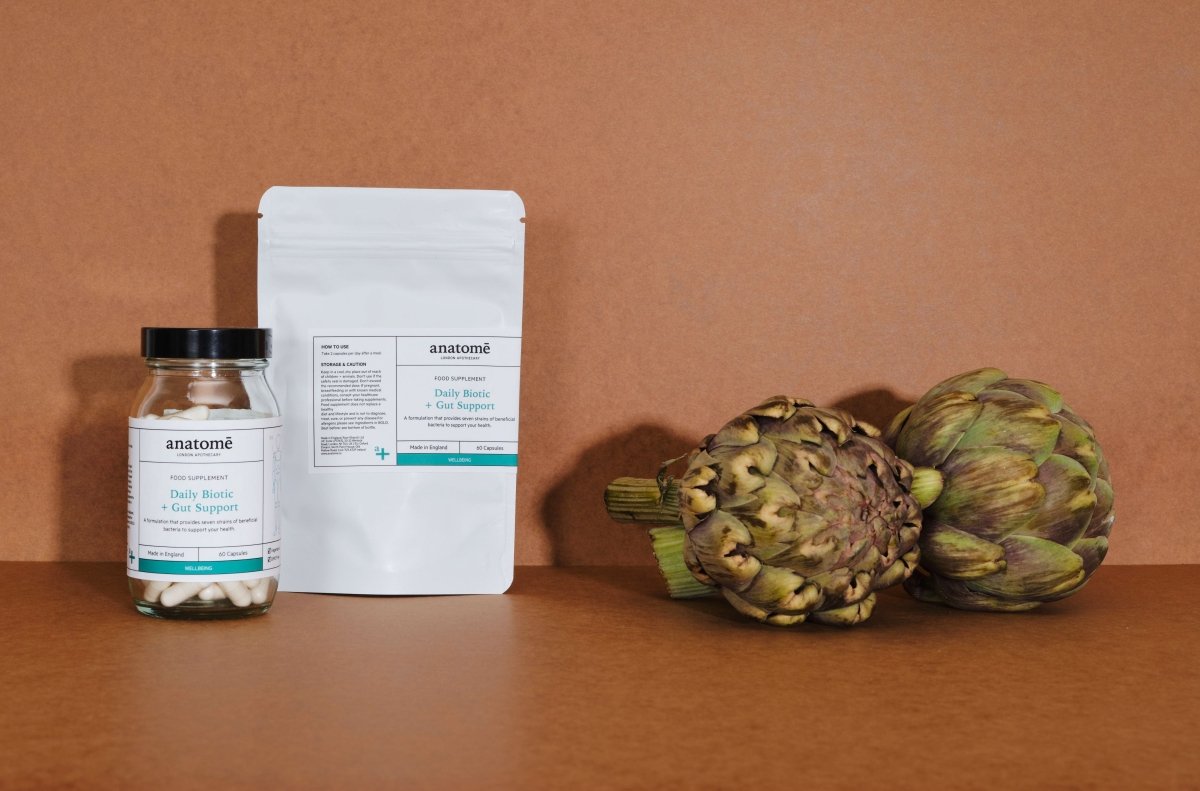
How nature can help support your wellbeing
The practice of using natural ingredients to treat the body falls under many names: herbal medicine, holistic medicine, phytomedicine, botanical supplementation, natural remedies, to name only a few. Regardless of the nomenclature, the treatment itself has ancient origins and aims to naturally balance the body so that it can heal itself.
Generally, natural ingredients and botanicals are viewed and used as preventative care rather than retroactive or reactive treatment. Plant-based ingredients and botanical extracts can support physiological processes that keep us healthy and in a natural rhythm so that our bodies are less susceptible to illness or injury.
However, just because ingredients are natural doesn’t mean they aren’t potent. Many pharmaceutical or over the counter medications are based on naturally occurring compounds found in plants. Natural ingredients are often consumed or applied differently from pharmaceutical medications. For example, chamomile and peppermint are often distilled in tea to aid digestion; eucalyptus can be great for respiration and ginger is thought to support immune function. Women have used plant extracts like evening primrose to deal with the symptoms of menopause since the beginning of time (1).

Another method to utilise natural ingredients is through the topical application or inhalation of oils. Many natural botanical oils contain compounds with antimicrobial, antioxidant and anti-inflammatory properties, making them attractive preventative or alternative treatments and effective aromatherapy agents.
The different smells and chemical components of these oils can aid in relieving a variety of emotional and physiological ailments, for example:
- Rosemary – Muscular pains, brain fog (2)
- Sandalwood – Anxiety and nervous tension
- Tea tree – Respiratory problems, is also antifungal, antibacterial and antiviral
- Lavender – Headaches, insomnia, aches and pains

Even though these uses are widely known, botanicals are classified as supplements and shouldn’t be used in the place of prescription medication. Natural ingredients are here to act as further support for your mental and physical wellbeing.
The process of cultivating these natural ingredients are holistic and straightforward methods for addressing common maladies, with some able to be grown and made in your own home.
Some of our favourite natural ingredients at anatomē that you’ll find featured in many of our products include:
- Aloe vera: Aloe is a succulent found in tropical climates worldwide and is used in many consumer products, from beverages to cosmetics to lotions. It contains vitamins B1, B2, B6, C, choline, niacinamide, glycoprotein, enzymes, phenolic compounds, a variety of amino acids, phytochemicals and salicylic acids. It's most well-known for its anti-inflammation, healing and epidermal development properties for sunburn and wounds and has also been used as an antifungal, antiviral, and regenerative treatment (3).
- Argan oil: Derived from the fruit of the Moroccan Argan tree, this oil is packed with nutrients and used for maintaining healthy, supple skin. It contains a high concentration of lipids and fatty acids that assist with skin hydration and has been shown to repair the skin barrier (4).
- Avocado oil: This oil is another natural ingredient containing high amounts of fatty acids, nutrients and vitamins such as vitamins A, B1, B2, B12, D, E. Avocado oil acts as a skin-replenishing emollient and also has anti-inflammatory properties (5).
- Chamomile: Featured in many of our sleep products and teas, chamomile is a valuable anti-inflammatory and antioxidant with proven sleep-inducing properties. The main ingredients are bioactive, such as apigenin and terpenoids, that help soothe the mind and body (6).
- Frankincense: Typically considered a resin or incense, frankincense is obtained from the Boswellia tree and known for its conifer fragrance. It contains the organic, calming compounds known as terpenes and is shown to have effective anti-microbial, anti-inflammatory and anti-fungal properties (7).

- Himalayan sea salt: Himalayan salt is found in the Punjab region of Pakistan and often contains trace minerals like iron, magnesium, calcium, zinc and potassium. Typically, Himalayan salt is used as a topical scrub to exfoliate the skin and remove dead skin cells.
- Jojoba oil: This oil is produced by a shrub-like plant native to the west coast of the United States. Like argon and avocado oil, jojoba oil contains lots of fatty acids that are great for skin rejuvenation. The chemical properties of jojoba are close to the oil that our skin naturally produces, so it's a great moisturising and hydrating ingredient and antioxidant.
- Lavender oil: Each species of lavender produces a slightly different oil, but overall, lavender oil contains linalool and linalyl acetate, both of which are effective sedative agents to calm the mind. It has a soothing, floral scent that is great to wear on the body or use to scent your space (8).
- Primrose oil: Sometimes called evening primrose, this natural ingredient has been used for centuries for its medicinal qualities by indigenous communities in North America. Along with its skin-soothing properties, it has been used to support hormonal balance and is widely found in products that ease symptoms of menopause (1).
- Rosemary: The extract from rosemary contains several bioactive phytochemicals and has been a therapeutic agent for healing wounds and muscle pains. Rosemary has a sharp, earthy scent and, when used in aromatherapy, can help clear the mind. It also has antimicrobial and antibacterial properties and is found in many cosmetic products (2).
- Turmeric: From the root of the turmeric plant, turmeric is a yellowish powder that contains a chemical called curcumin. Curcumin is thought to have anti-inflammatory properties and can ease discomfort in people with arthritis or joint pain.

References:
- https://pubmed.ncbi.nlm.nih.gov/23625331/
- https://pubmed.ncbi.nlm.nih.gov/12690999/
- https://pubmed.ncbi.nlm.nih.gov/28289986/
- https://pubmed.ncbi.nlm.nih.gov/26327867/
- https://pubmed.ncbi.nlm.nih.gov/23638933/
- https://www.ncbi.nlm.nih.gov/pmc/articles/PMC2995283/
- https://pubmed.ncbi.nlm.nih.gov/27117114/
- https://www.ncbi.nlm.nih.gov/pmc/articles/PMC3612440/
More resources:
- https://e360.yale.edu/features/ecopsychology-how-immersion-in-nature-benefits-your-health#:~:text=These%20studies%20have%20shown%20that,reduce%20anxiety%2C%20and%20improve%20mood
- https://www.betterhealth.vic.gov.au/health/ConditionsAndTreatments/herbal-medicine#bhc-content
- https://ods.od.nih.gov/factsheets/BotanicalBackground-Consumer/

